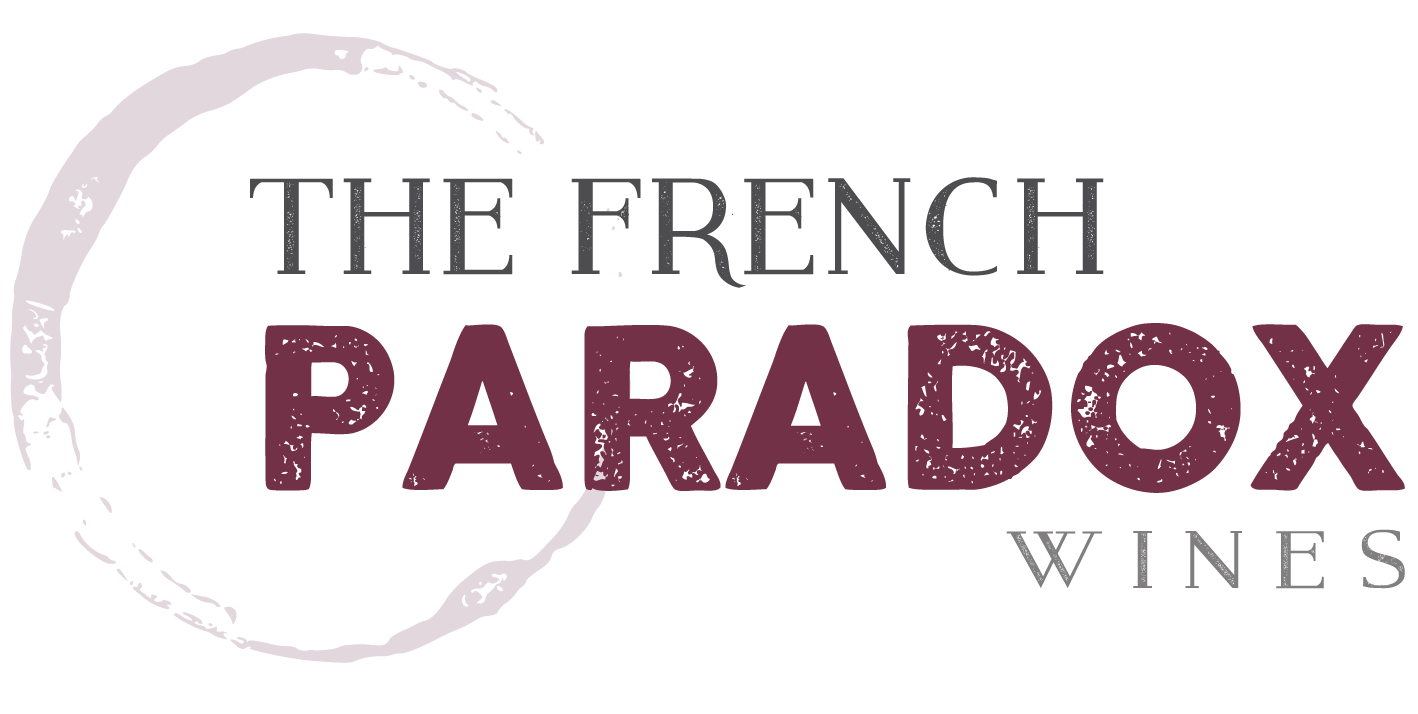Wine is many things to many different people. To some, it’s nothing but a lowly intoxicant; others view it as a symbol of the cultural elite. It can be sour or sweet, cheap or expensive, simple or complex. Its remarkably easy to make and incredibly difficult to master. There exists no verifiable standard of measure of quality yet some persist in paying attention to a scoring system that has never been defined. Most wine is made to be consumed soon after release yet many think that storing wine improves it. It’s been both a rich man’s plaything and survival for the poor. Its highly regulated and often counterfeited. It projects itself as a bastion of tradition and civilization while secretly adopting new technologies and forming cabals to comfort the comfortable. It unites and divides families. Its seen by doctors as a blessing and a curse. Most of the rules, definitions and traditions surrounding wine are poorly misunderstood or just plain nonsense. It’s very precise vocabulary primary use is to mask the lack of knowledge of its user.
An impossible to ascertain percentage of fine wines held in collectors’ cellars is vinegar but no one wants to investigate that fact. Or even acknowledge the inescapable logic of that.
Wine is the coolest thing ever. But it won’t ever make you cool.
Wine myths are bizarre and ludicrous. True wine experts (of which there are less than 1000 in the entire world) cannot smell and taste blindly and correctly identify every bottle’s grape, vintage and provenance. Or even most of them. Or usually any.
Many wines that people insist are dry are clinically sweet. And vice versa.
Corks don’t help wine age. Nor are cork trees becoming extinct.
Napa Valley is not heaven for wine grapes. Bordeaux doesn’t make the finest wines in the world. Champagne was not invented by Dom Perignon. Sulfites don’t cause headaches. Winemakers are scientists not artists. Most sommeliers are not. Cabernet Sauvignon is not the most widely planted grape in the world. Nor is it the oldest. Riesling is not a sweet grape (anymore than any other, that is) or a sweet wine (anymore than any other, that is).
Telling the waiter that you ‘dry, red wines’ is like saying you like ‘hot, meat dinners’. (its hopelessly vague). Announcing that you only drink red wines won’t make people think you are a connoisseur.
Someone once said, ‘In vino veritas’ (In wine, truth). The only absolutely true thing about wine is that you should drink what you like and ignore all others. After all, it’s only wine.
